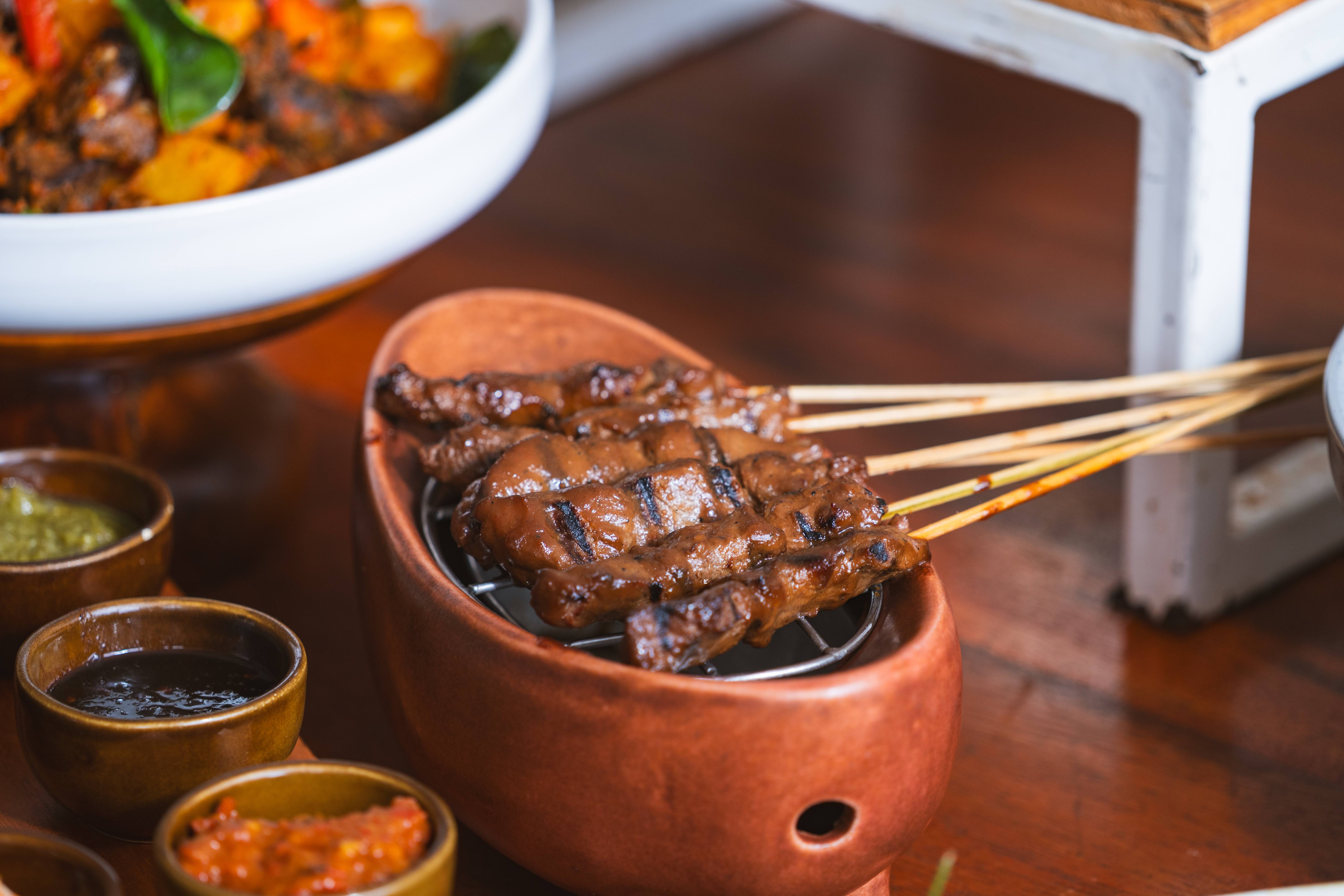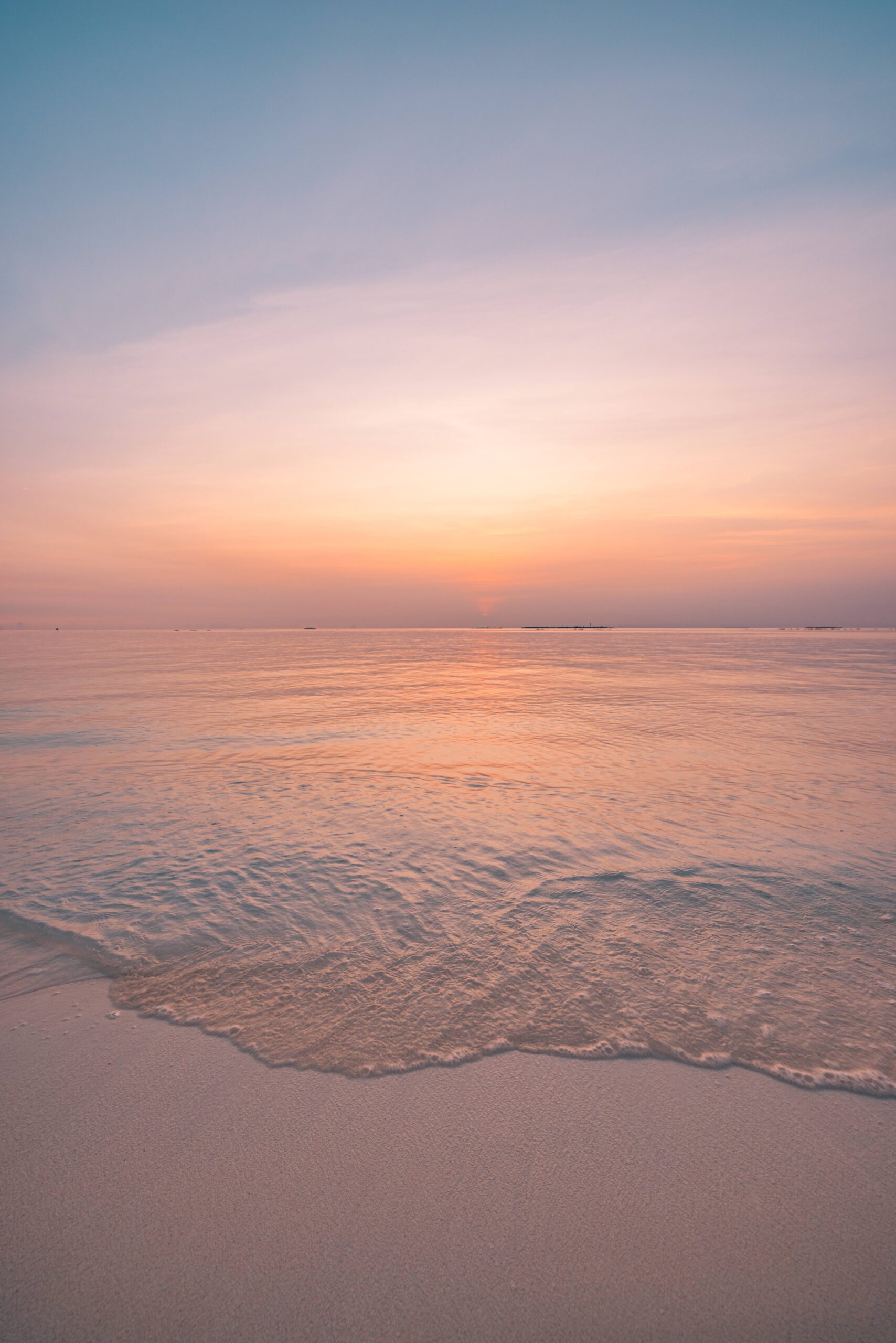A Sacred Sanctuary for Nyepi & Eid Al-Fitr 2026
This March, as Bali embraces the profound silence of Nyepi and the joyous spirit of Eid Al-Fitr, Merusaka becomes your haven where tranquility meets celebration, and reflection finds its perfect companion in togetherness.
Experience the rare harmony of two sacred traditions; the introspective stillness of Bali’s Day of Silence and the heartfelt reunions of Eid. Here, peace isn’t just observed; it’s felt, lived, and cherished.
Your Harmonious Escape Includes:
Sacred Serenity
- Minimum 2 nights stay (March 18-28, 2026)
- Daily breakfast to nourish your mornings
- Daily curated activities celebrating both traditions
Culinary Harmony
- One signature dinner experience:
- Nyepi Day Dinner (Only on March 19th)
- Dining experience for two persons with complimentary beverage (March 20-28)
Wellness & Indulgence
- 20% discount on rejuvenating spa treatments
- 15% discount on foods
Package Rates
Starting from IDR 2,700,000 per night
- Deluxe Room: IDR 2,700,000
- Deluxe Garden: IDR 2,950,000
- Deluxe Ocean: IDR 3,200,000
- Deluxe Pool Access: IDR 3,450,000
- Suite Garden: IDR 4,700,000*
- Suite Ocean: IDR 5,200,000*
- Villa One Bedroom: IDR 5,500,000
All rates are inclusive of 21% service charge and government tax
Other room type available upon request
Additional charge for adult at IDR
2,000,000/room/night (include daily extra bed,
daily breakfast & one-time dinner)
*Suite and villa rates are not inclusive of club benefits
*The rate will be changed when the hotel occupancy
above 80% (dynamic pricing)
Booking Details
Minimum Stay: 2 nights
NYEPI
– Validity 18 – 20 March 2026
– Nyepi Dinner is available only at 19th February 2026 at Ballroom
EID FITRI
– Validity : Immediately – 28 March 2026
– Daily Breakfast for 2 Pax
– One time dinner for 2 Pax during the Stay Period







